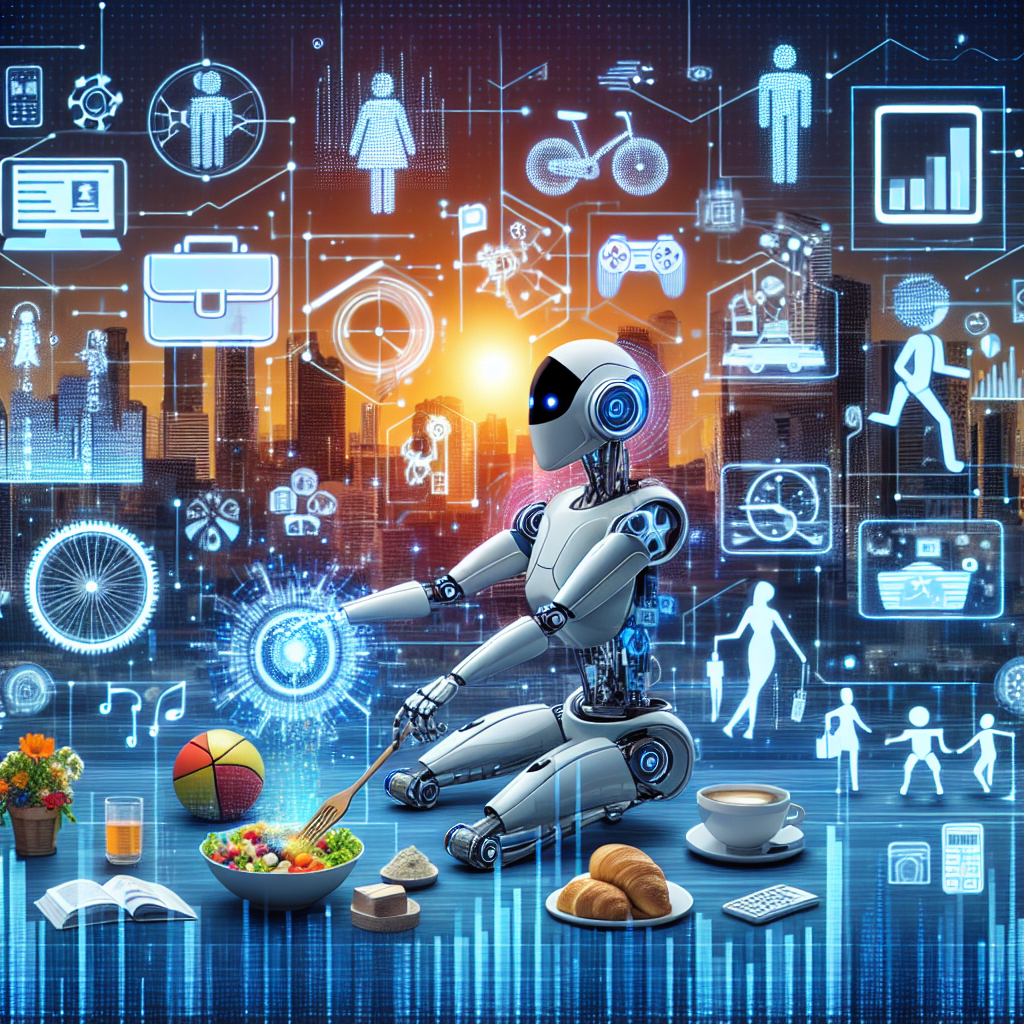Artificial General Intelligence (AGI) is a term that refers to the development of AI systems that possess the ability to understand, learn, and apply knowledge in a manner that is indistinguishable from human intelligence. While Artificial Narrow Intelligence (ANI) systems are designed to perform specific tasks very well, AGI aims to create machines that can perform a wide range of tasks at a human level or beyond.
The development of AGI has the potential to transform the way we work, play, and live in profound ways. From revolutionizing industries to enhancing our daily lives, AGI has the power to shape the future in ways we have only begun to imagine.
Work: AGI has the potential to revolutionize the workplace by automating tasks that are currently performed by humans. This could lead to increased productivity, lower costs, and more efficient operations in a wide range of industries. AGI could also enable new forms of collaboration between humans and machines, allowing for greater creativity and innovation in the workplace.
Play: AGI has the potential to transform the way we play by creating immersive and interactive experiences that were previously unimaginable. From virtual reality games to personalized entertainment experiences, AGI has the power to enhance our leisure time in ways that were once thought to be science fiction.
Live: AGI has the potential to improve our daily lives by providing personalized assistance, enhancing healthcare, and improving our overall well-being. From smart homes that anticipate our needs to personalized healthcare solutions that cater to our individual needs, AGI has the power to transform the way we live in ways that were once thought to be impossible.
FAQs
Q: What is the difference between AGI and ANI?
A: AGI refers to AI systems that possess human-level intelligence and are capable of learning and applying knowledge in a wide range of tasks. ANI, on the other hand, refers to AI systems that are designed to perform specific tasks very well but lack the ability to generalize across tasks.
Q: What are the potential risks of AGI?
A: While AGI has the potential to bring about many benefits, there are also risks associated with its development. These include the potential for job displacement, ethical concerns, and the possibility of AGI systems surpassing human intelligence and becoming uncontrollable.
Q: How close are we to achieving AGI?
A: While significant progress has been made in the field of AI, there is still a long way to go before we achieve AGI. Many experts believe that we are still decades away from developing AGI systems that possess human-level intelligence.
Q: How can we ensure that AGI is developed responsibly?
A: To ensure that AGI is developed responsibly, it is important to establish ethical guidelines and regulations that govern its development and use. This includes addressing concerns around privacy, security, and job displacement, as well as ensuring that AGI systems are transparent and accountable.
In conclusion, AGI has the potential to transform the way we work, play, and live in profound ways. From revolutionizing industries to enhancing our daily lives, AGI has the power to shape the future in ways we have only begun to imagine. By addressing the potential risks and ensuring that AGI is developed responsibly, we can harness its full potential and create a future that benefits all of humanity.

